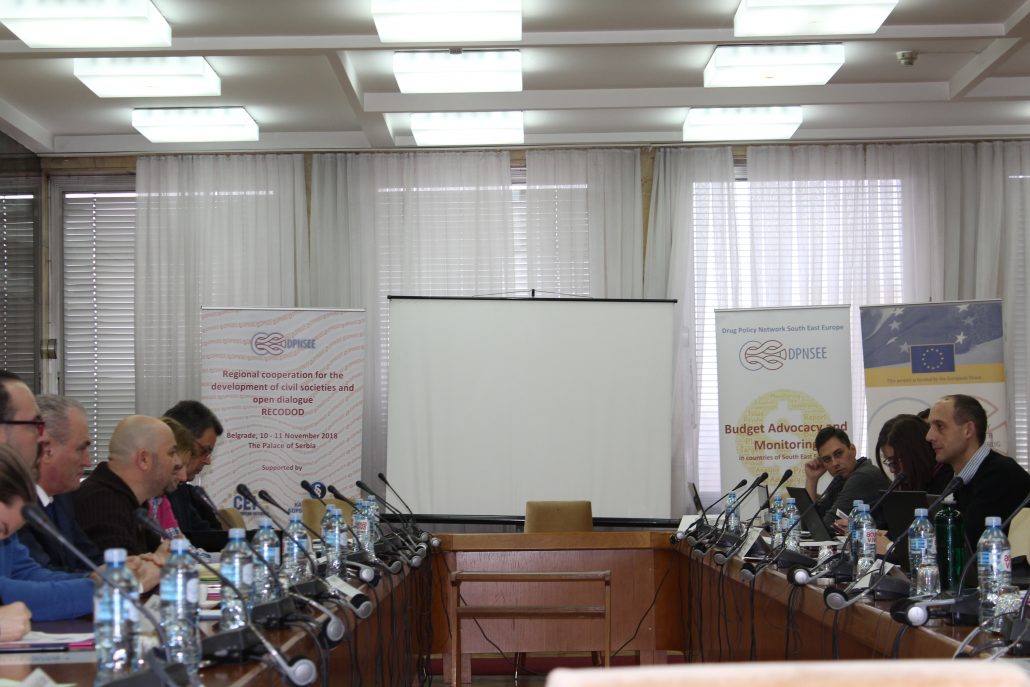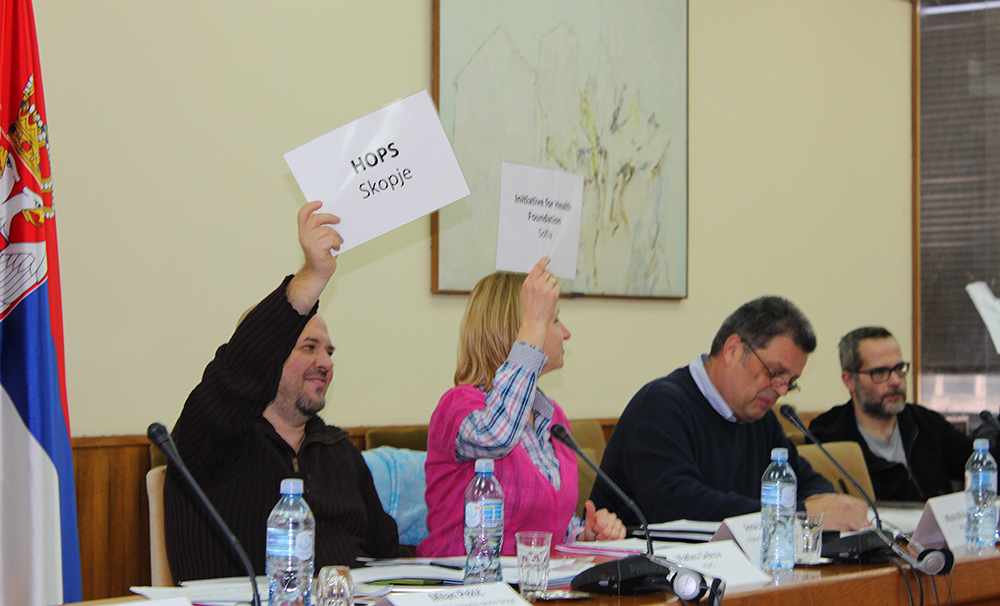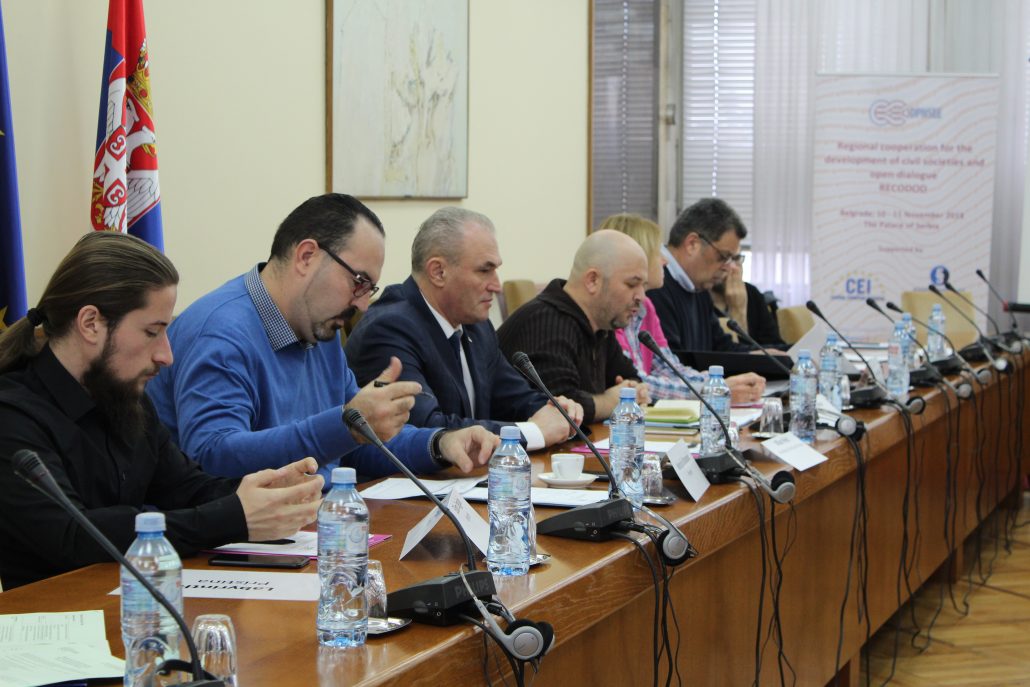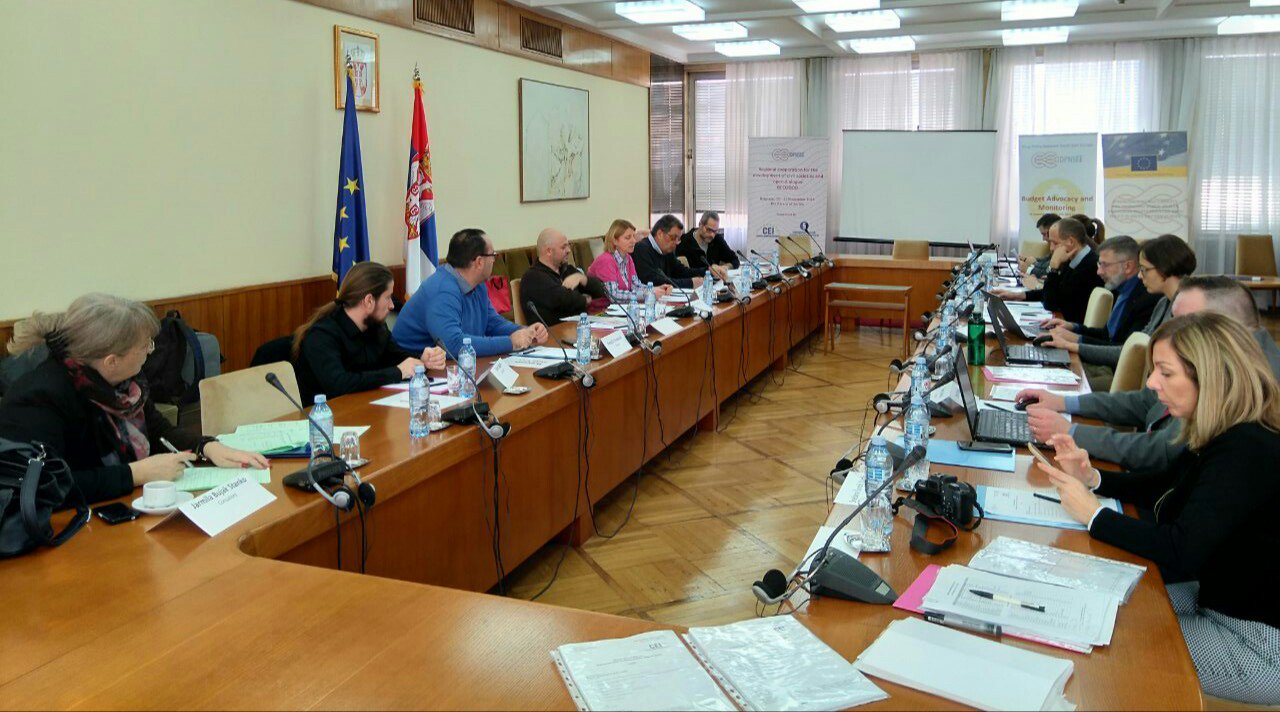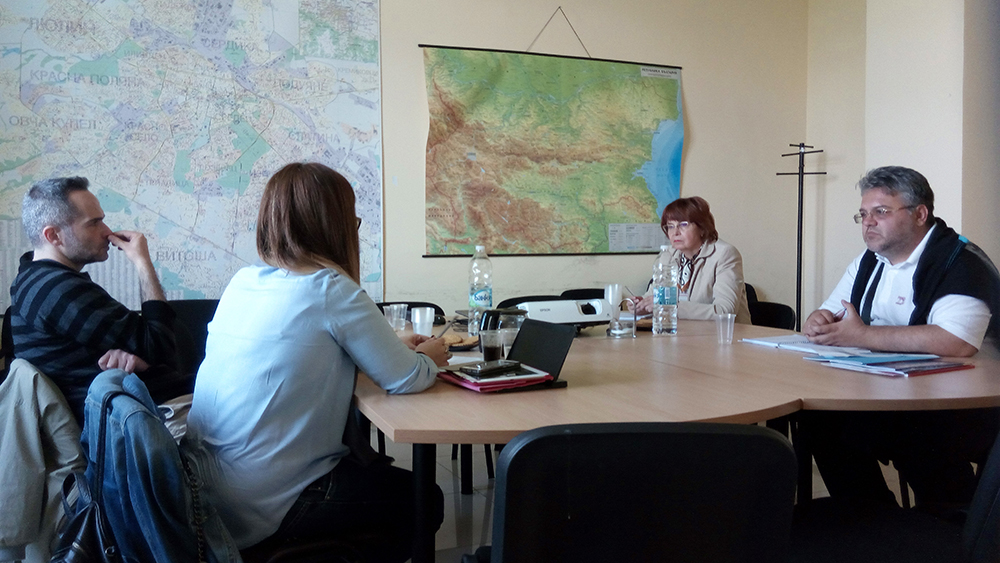Statement from our Board member Marios Atzemis
This text is not an “anniversary” piece, nor is it a kind of report. Anniversary approaches do not suit us, nor does the cynicism that accompanies them in some cases, and an account would be too long for this occasion.
Every such day, officially called “against drugs” but those of us who are active in peer-led harm reduction call it “Global Day for Action” and for us it is a daily routine, we are given the opportunity to talk about what is of concern to us and to acknowledge the positive developments and future challenges in the field – not as self-appointed saviors, but as people who have experienced our country’s drug policies and therapeutic (or in some cases anti-therapeutic) approaches under our own skin. We also now have the appropriate peer led education, field experience and an ongoing communication, collaboration and osmosis with major civil society organizations abroad on HIV, harm reduction and drug policies.
 Yet, in many cases, we are considered the most unqualified to express an opinion on the thorny field of “addictions”, and there are many times when we are tried to be displaced by people without clinical experience and lived experience or any kind of theoretical background, who think they can speak and decide for us without us. All of the above are manifestations of the multiple and multidimensional stigma that we harbour, and which at the first opportunity are indirectly emphasized by the ‘professional saviours’ to remind us that they know better than we do, and that the field of advocacy and politics is not our domain.
Yet, in many cases, we are considered the most unqualified to express an opinion on the thorny field of “addictions”, and there are many times when we are tried to be displaced by people without clinical experience and lived experience or any kind of theoretical background, who think they can speak and decide for us without us. All of the above are manifestations of the multiple and multidimensional stigma that we harbour, and which at the first opportunity are indirectly emphasized by the ‘professional saviours’ to remind us that they know better than we do, and that the field of advocacy and politics is not our domain.
As far as the situation in Greece is concerned, significant breakthroughs have been made in recent years with the development of a multitude of services that have solved problems that we used to face, such as housing and having a safe place to use. We have also reached a high level of cooperation with the people who staff these serorganisation sanisations, which is to the benefit of the affected community.
However, we must point out that when we talk about the field, we are talking about something that is constantly changing, as the disparate communities of people who make up the field are always one or more steps ahead of policies and agencies. Thus, we recognize as phenomena that we are called upon to address: The proliferation of shisha (crystal methamphetamine of poor quality) and the consequent changes it has brought about in the psyche of its problematic users; synthetic opioids (which are being decimating in North America); the chemsex phenomenon; the complete absence of LGBTQ+ inclusion in services aimed at users; and the gap between medicalised harm reduction and that on a peer basis. It also shows in some cases how strong the legacy of punitive degrading ‘tough love’ practices is in some cases, and the lack of up-to-date and evidence-based practices that are not based on outdated and ineffective approaches. We should also note the presence of so many private self-proclaimed rehabilitation centres of dubious efficacy and scientific training that are not audited and that trade on the human suffering and desperation of users and their closest support context.
In conclusion, we recognize the need for our country’s alignment with the European Drug Strategy and the corresponding Action Plan, which propose the active and meaningful participation of civil society and the affected community in the design and implementation of services and policies that directly affect their lives. We will continue our work, as it were, meeting people where they are but without leaving them there…
Marios Atzemis, Harm Reduction Officer of Positive Voice – Greek Association of PLHIV


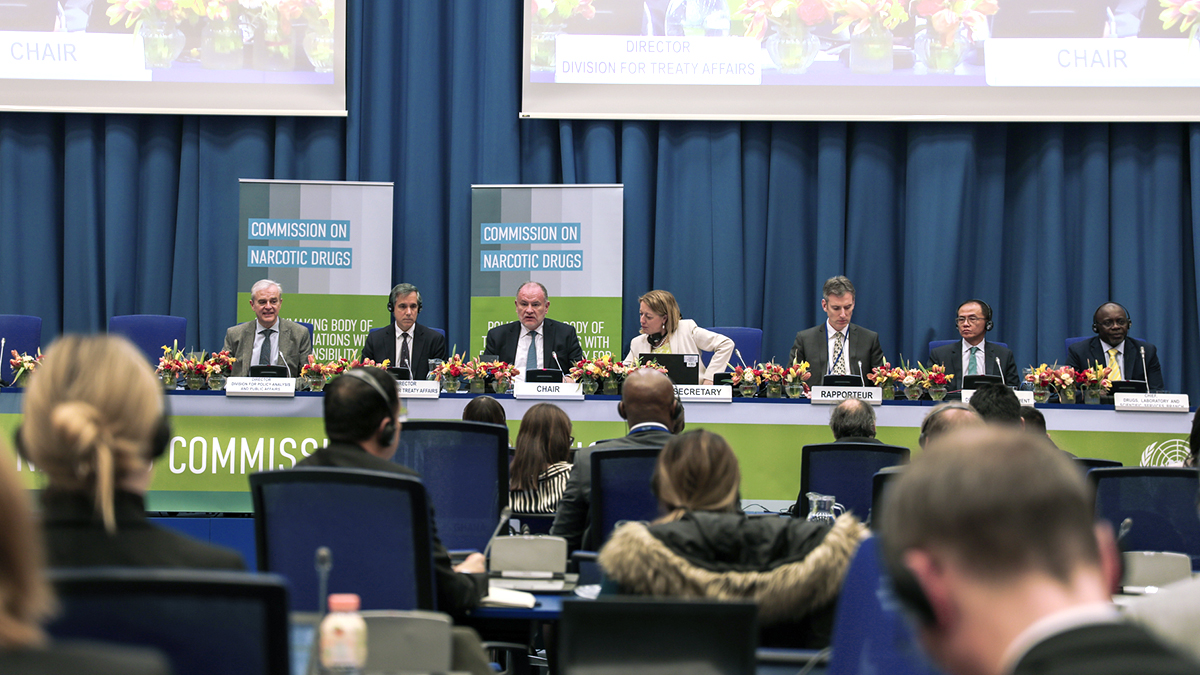

 DPNSEE President Nebojša Djurasović, Board Member Marios Atzemis, Executive Director Milutin Milošević and several other member organisations’ representatives participated in the event. For the first time, DPNSSE participated in the meeting in full capacity as an ECOSOC-accredited NGO.
DPNSEE President Nebojša Djurasović, Board Member Marios Atzemis, Executive Director Milutin Milošević and several other member organisations’ representatives participated in the event. For the first time, DPNSSE participated in the meeting in full capacity as an ECOSOC-accredited NGO.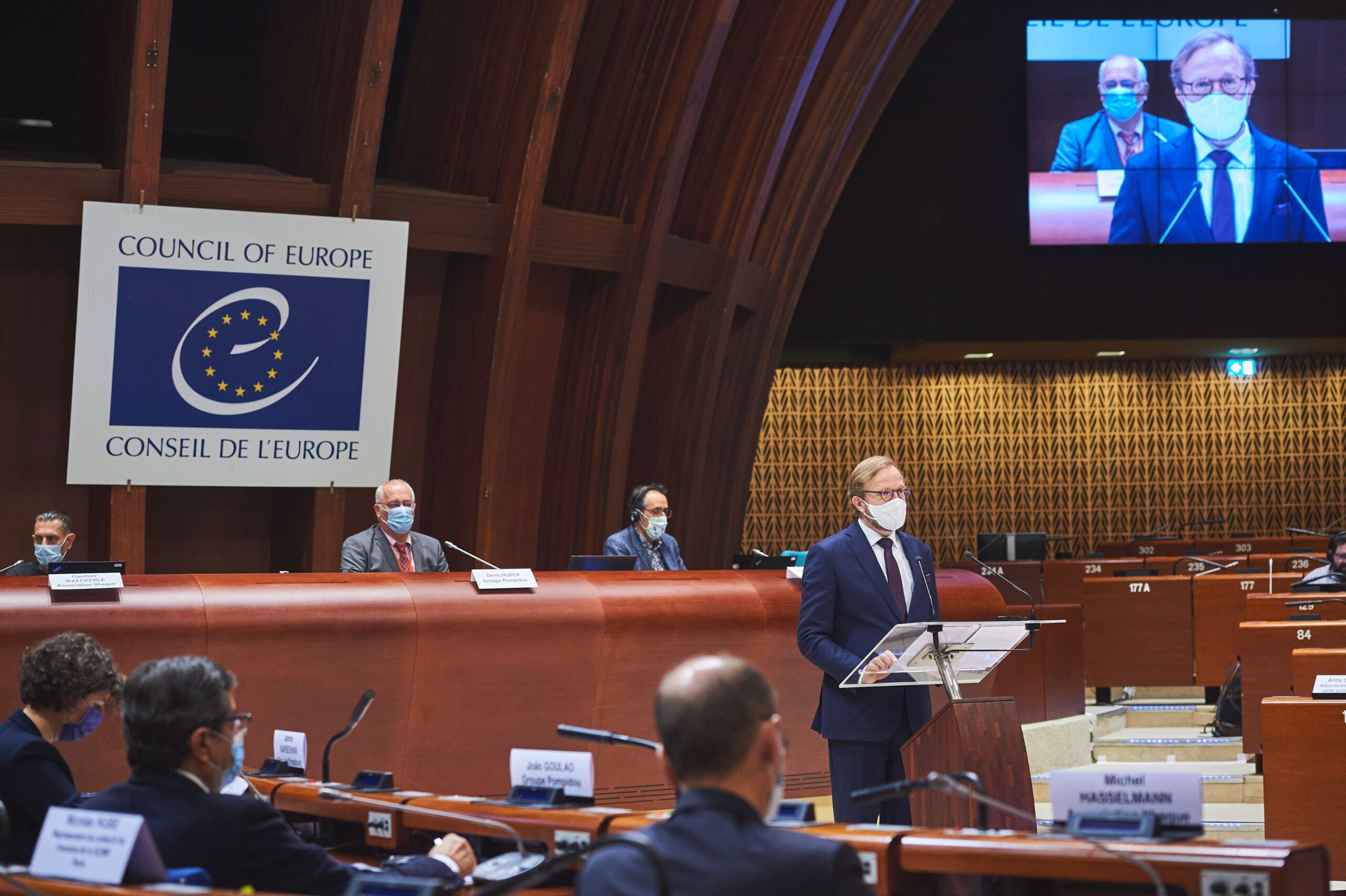



 Marios Atzemis was one of the Greek drug users diagnosed with HIV in 2011. He had been addicted to heroin and a regular in Athens’ open-air drug markets well before the crisis. Then in 2010, street services to help drug users stay safe lost a third of their funding. Atzemis stopped seeing the vans that used to distribute fresh syringes, even as new users were entering the scene, shooting newer, cheaper drugs.
Marios Atzemis was one of the Greek drug users diagnosed with HIV in 2011. He had been addicted to heroin and a regular in Athens’ open-air drug markets well before the crisis. Then in 2010, street services to help drug users stay safe lost a third of their funding. Atzemis stopped seeing the vans that used to distribute fresh syringes, even as new users were entering the scene, shooting newer, cheaper drugs.